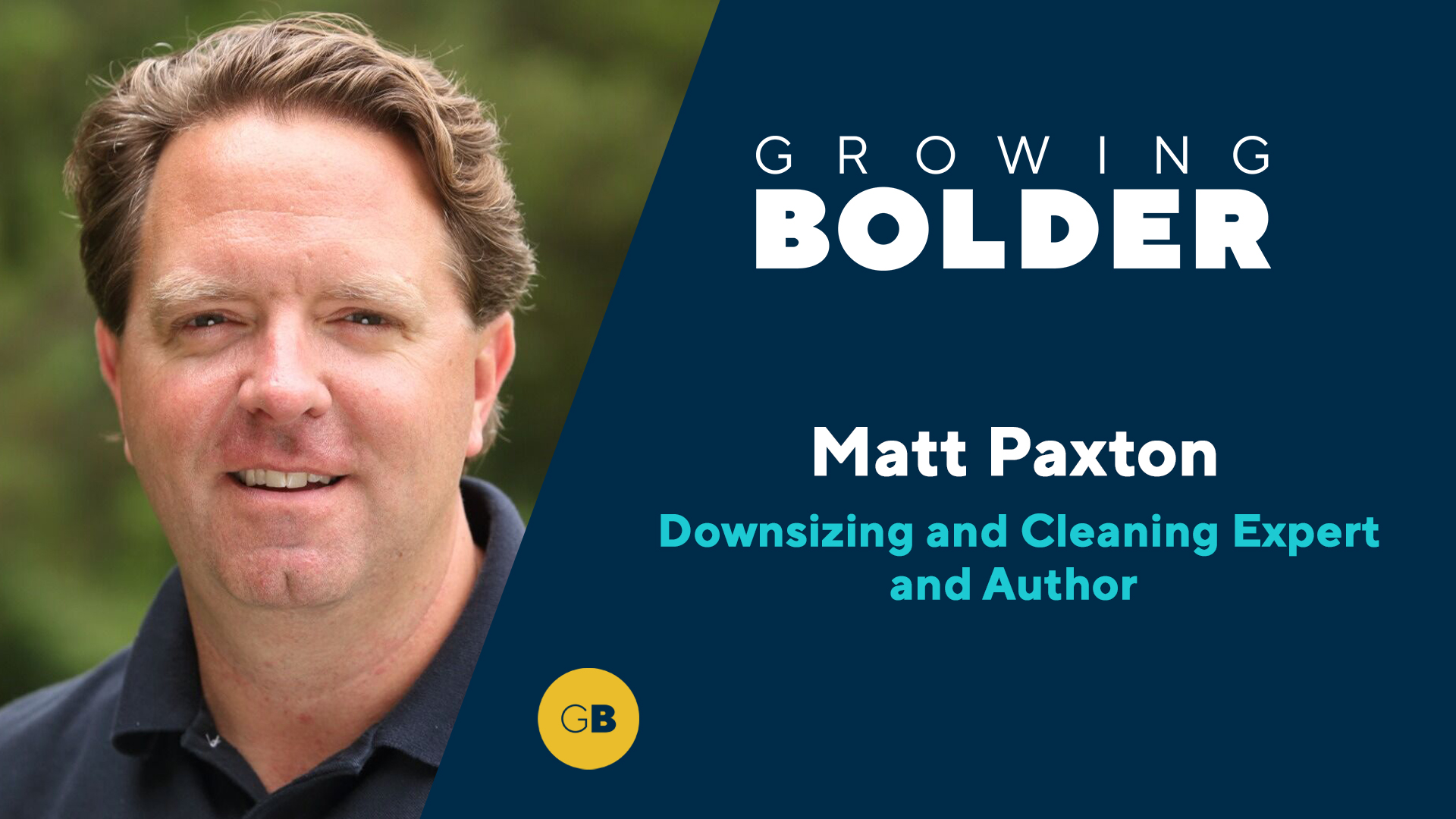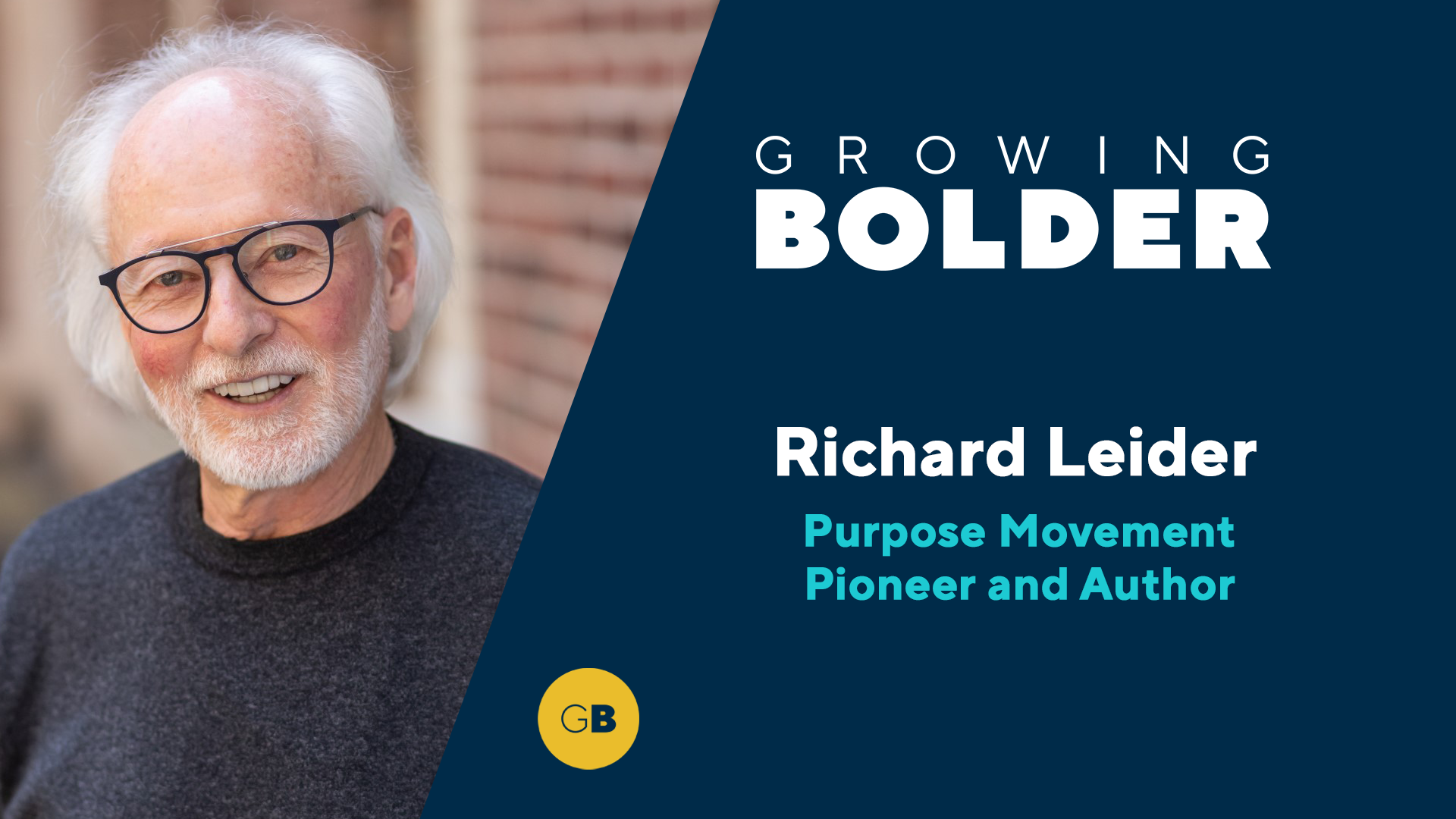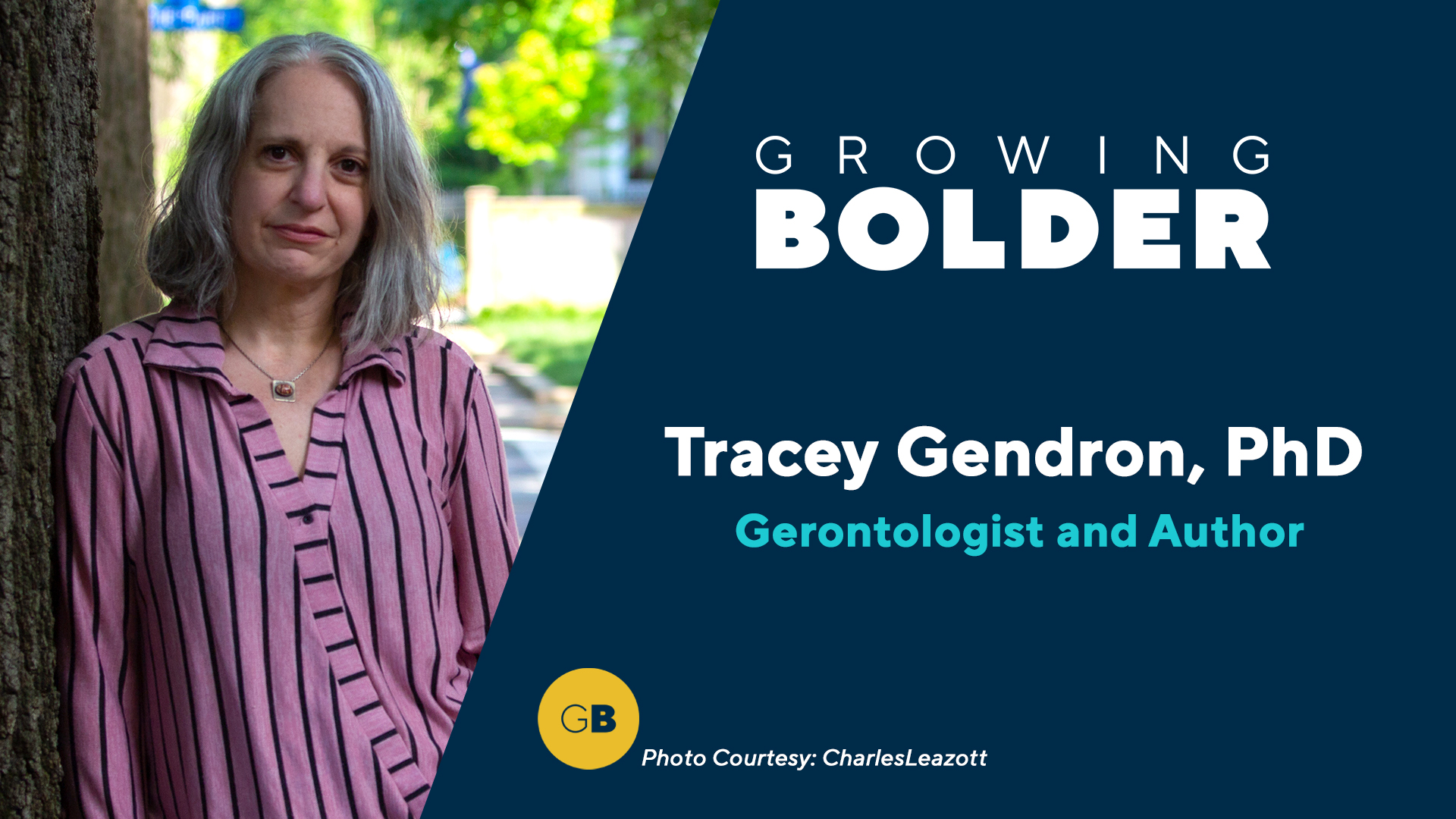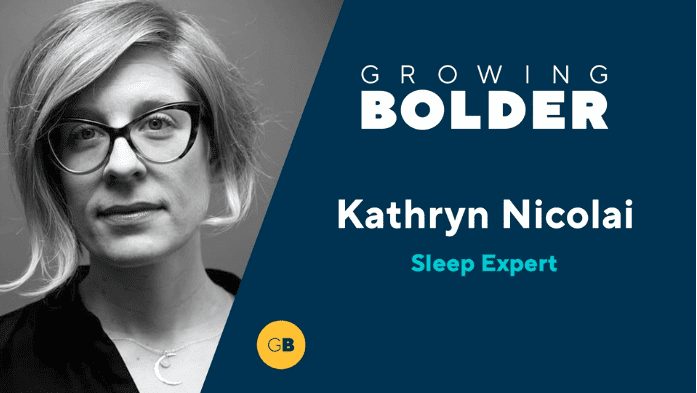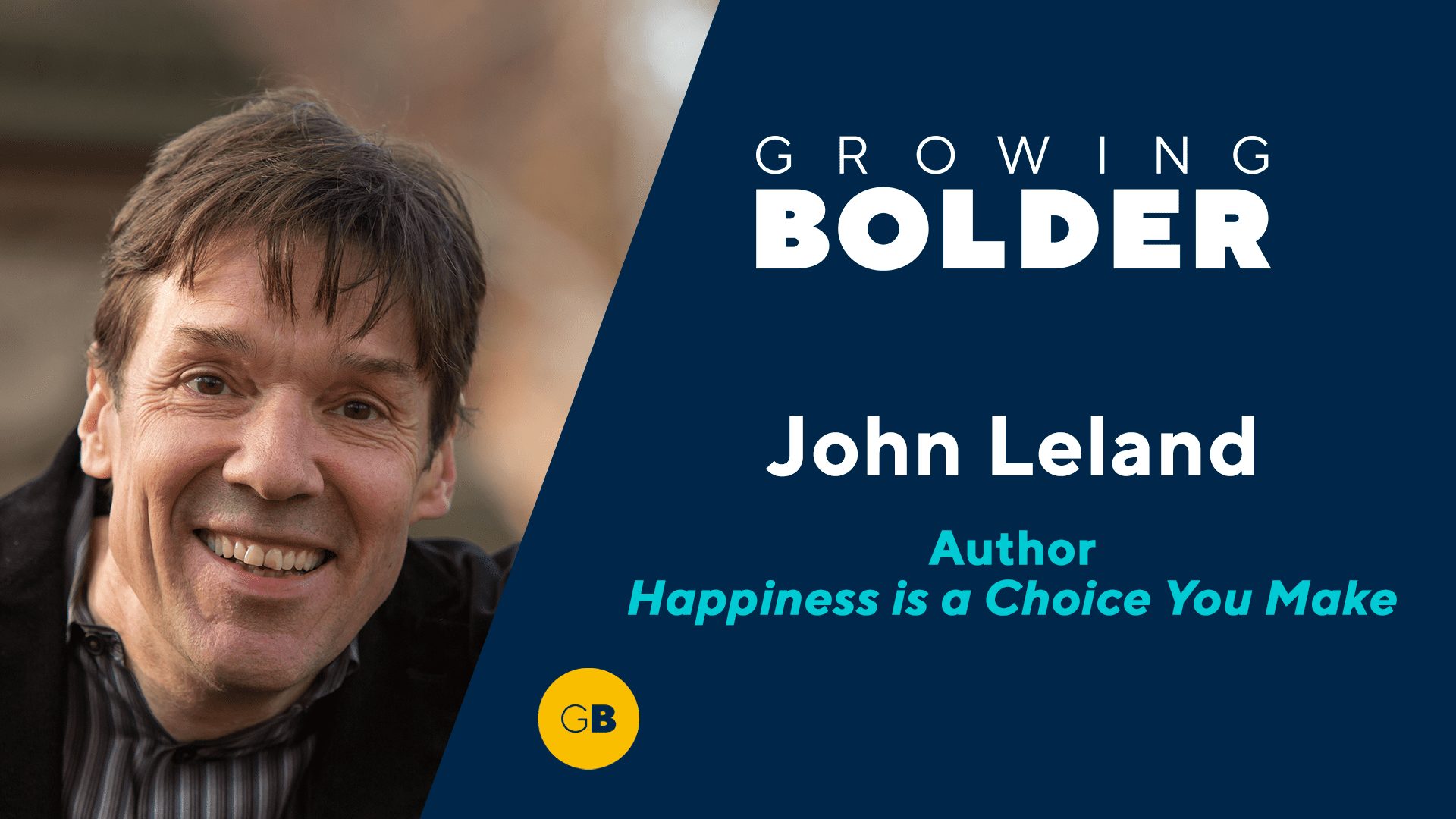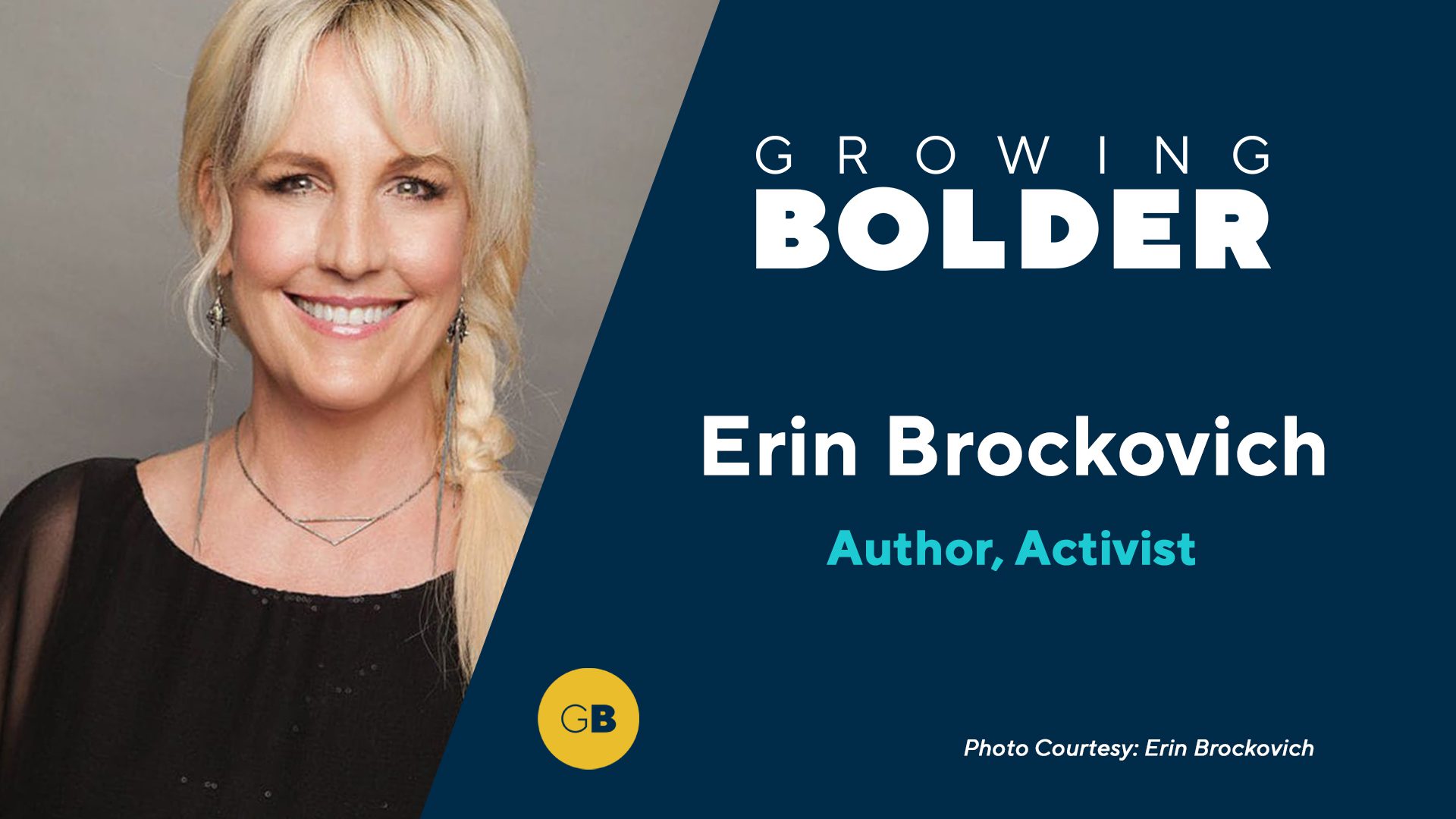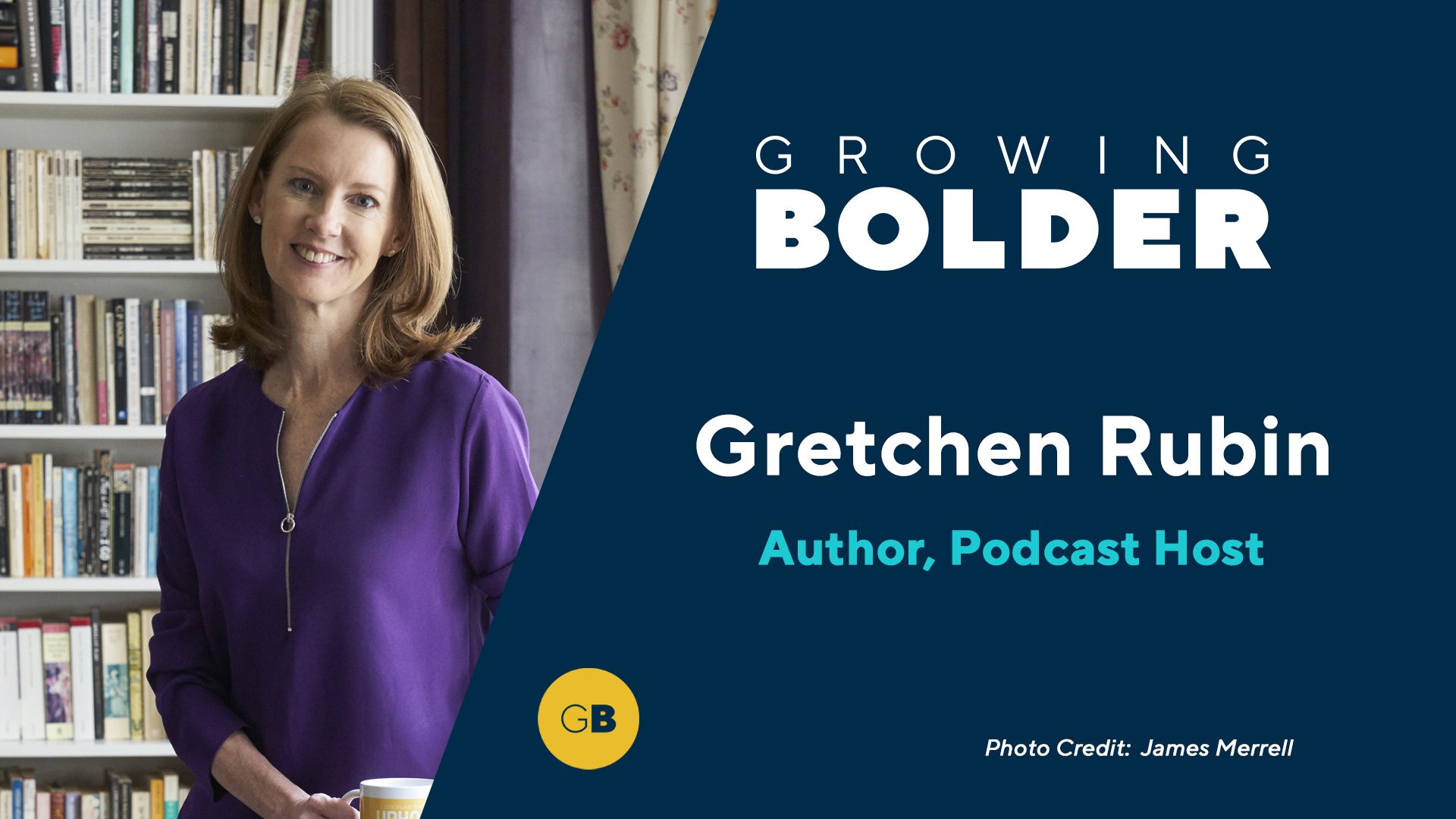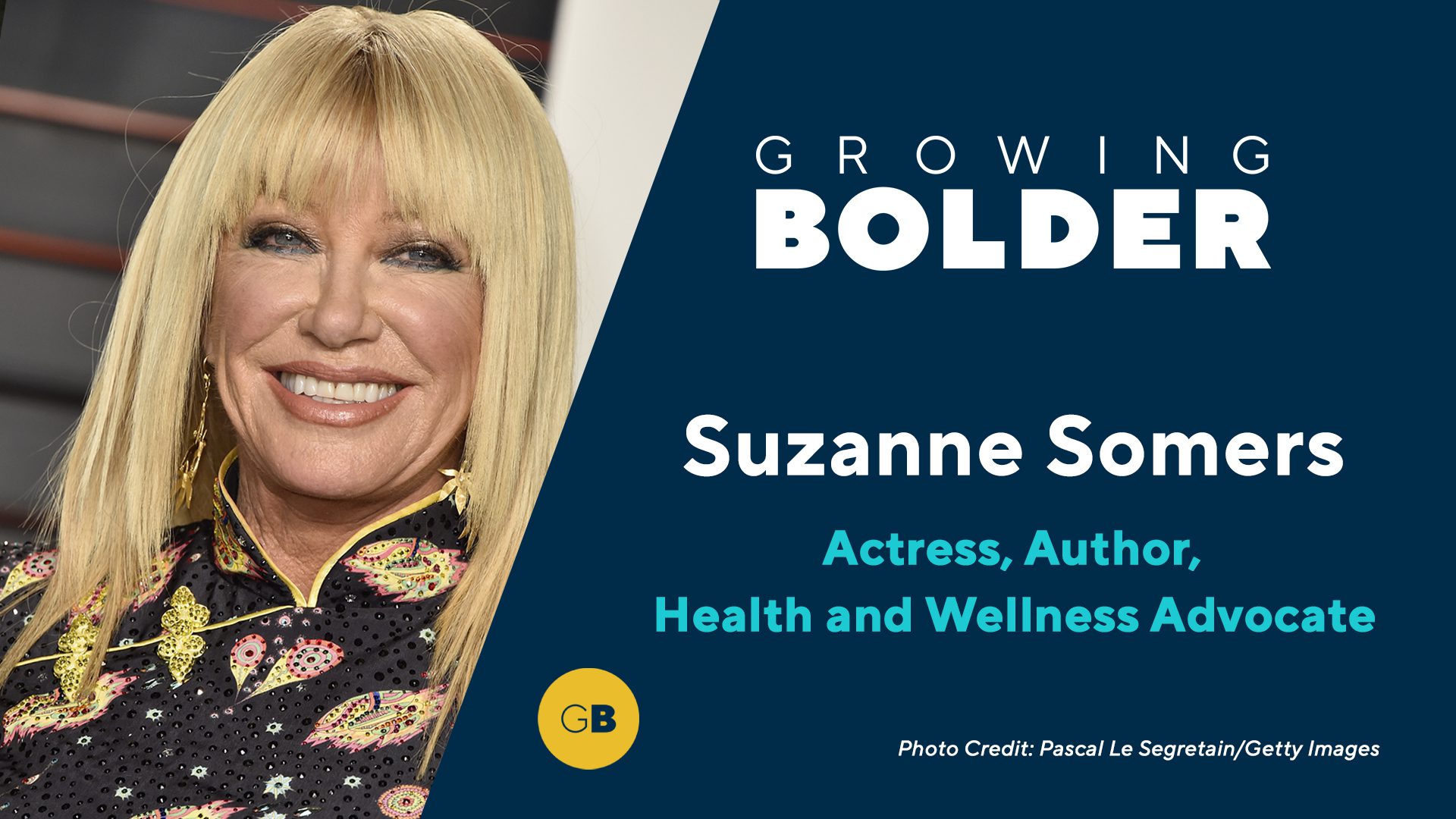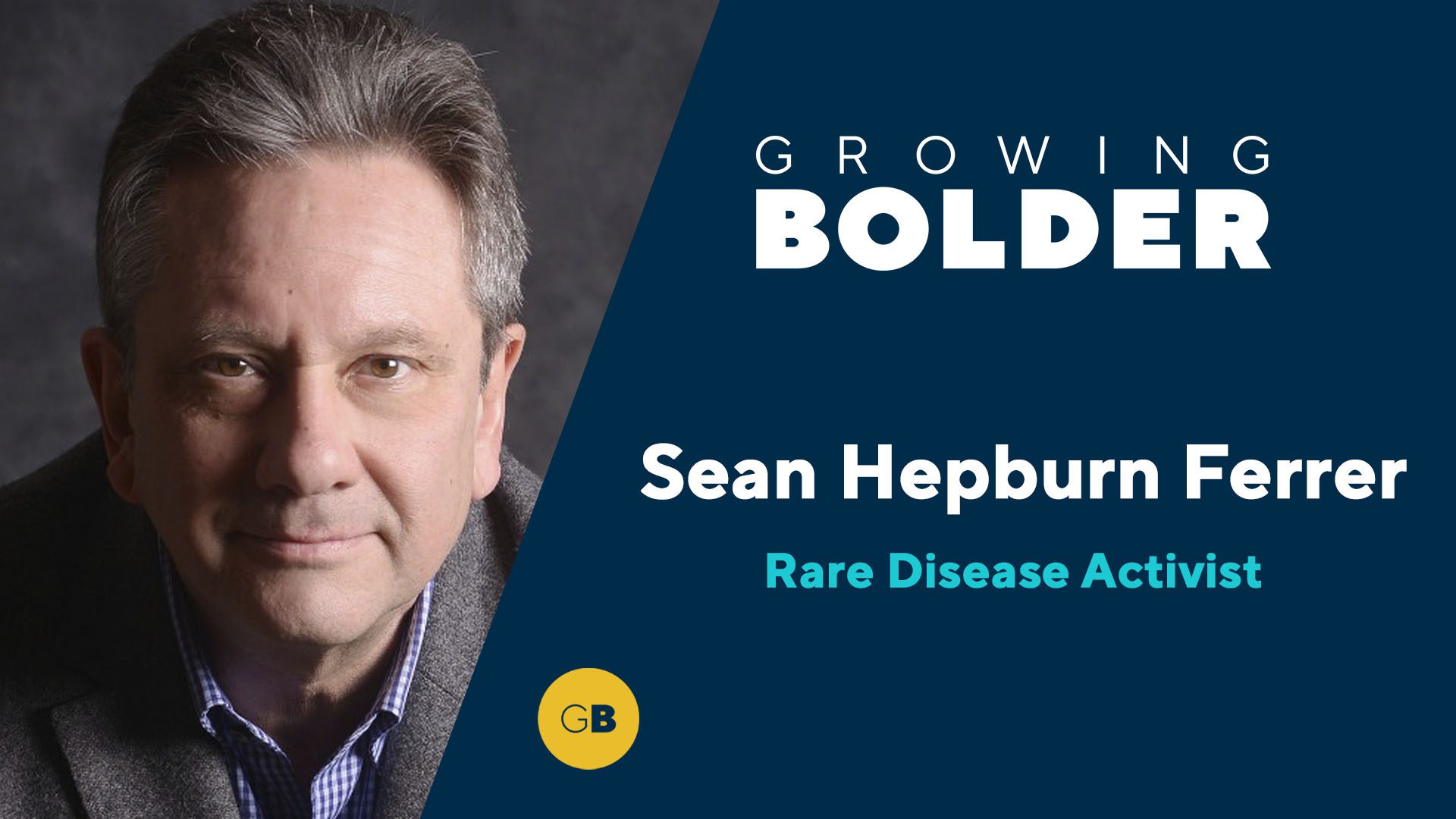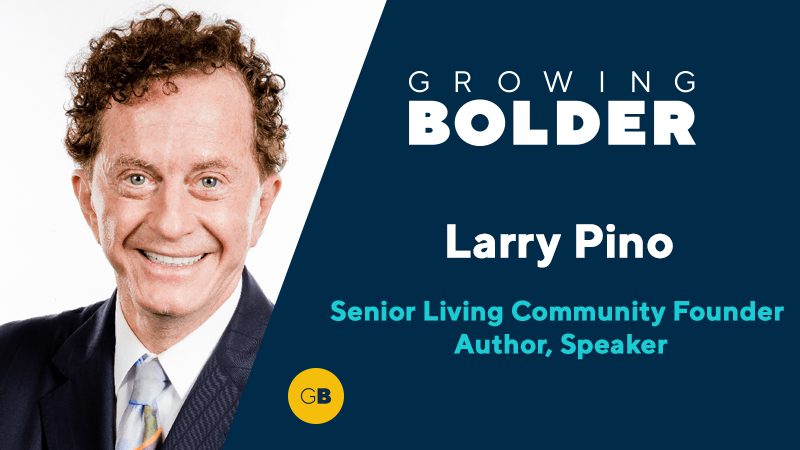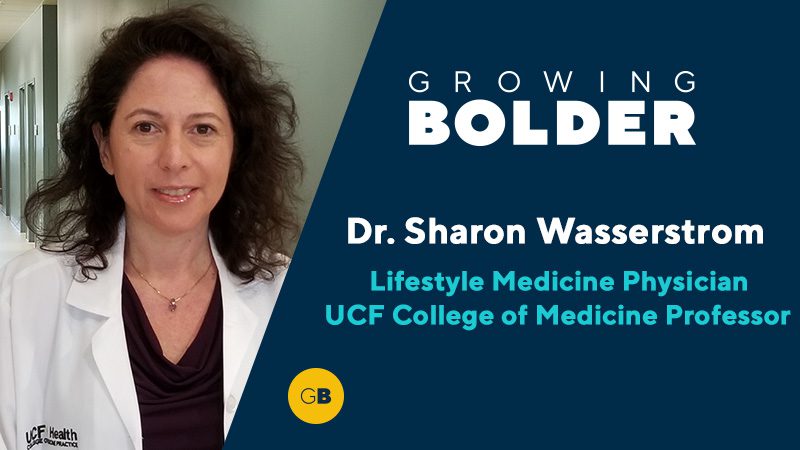When you get to a crosswords in life, what path will you take? Alan Lock decided to take the way forward.
At just 23 years old, the Royal Navy officer suddenly found his eyesight getting worse. Within a matter of weeks, Alan went from never wearing glasses to barely being able to see. He was diagnosed with macular degeneration, and all too quickly, he was legally blind.
Alan was depressed. He suddenly saw his plans for life evaporating. But, after he spent some time wallowing, he decided to come up with some new plans. And he thought big.
He became the first visually impaired person ever to row across the Atlantic Ocean.
And now he’s got an even bigger goal — he wants to ski 600 miles across Antarctica to the South Pole. He explains why he continues to push himself to take on these challenges.

